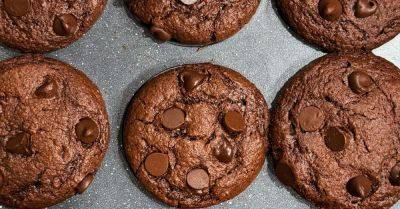Therapists Say These 4 Comments Harm Your Kids’ Relationship With Food
If you’re a parent, especially a millennial one who grew up in the age of ’90s diet fads, phrases like “finish your dinner if you want dessert” or “a moment on the lips is a lifetime on the hips” may still haunt you. As we raise our own children now, we want to help them make healthy choices, but without giving them the same complexes we endured in our youth (which, for many of us, have followed us into adulthood).
One place to start is conscientiously choosing our words when talking about food. “I think our relationship with food directly starts in the home with how food is presented and talked about in the home,” said Dr. Raquel Katangian-Ayala, director of Center of Discovery in Irvine. From labeling foods to body talk, here’s what not to say to your kids about food (and what to say instead).
“That [insert food item] is so bad for you!”
Passing judgment on kids’ food by labeling it “good” or “bad” should be avoided. Young kids live in a world of good versus bad, explained Dr. Erica Miller, a psychologist with Connected Minds NYC. “They really put things into boxes, and as adults, we know that nothing needs to be off-limits, or that no food is all good or bad all the time, but kids don’t know how to make sense of all that,” she added.
Instead of labeling foods as “good” or “bad,” try a non-judgmental approach and focus on what value a particular item provides. For example, oft-vilified carbs provide fuel to active, growing bodies, and fats help bodies absorb certain vitamins. “Understanding nutritional value helps start to change [kids’] language,” Katangian-Avala said. “Whether it’s a carb or a fat versus a fruit or a vegetable, at the end of the day, it’s just providing us with our adequate nutrition.”
If your







